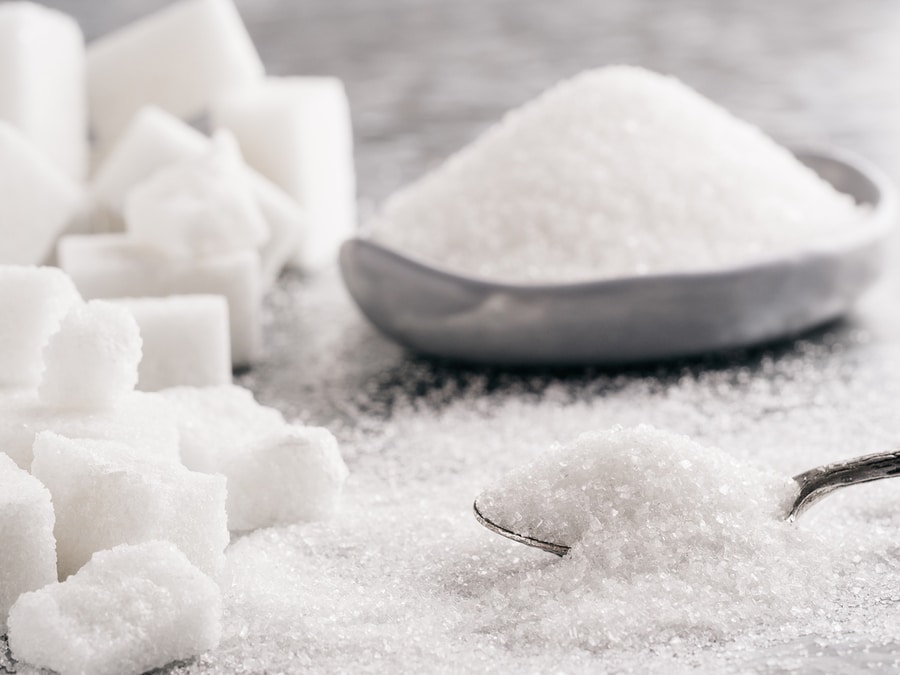If you are trying to reduce sugar in your diet, it is easy to get confused by the other sweetener options available. There are two main options that you have. The first option is artificial sweeteners and the other is natural sweeteners. Let’s see how these sugar substitutes play a role in your diet choices.
Artificial Sweeteners
Artificial sweeteners are always lurking on the tables when you go out to eat. However, these sweeteners often come with great debate about if they are actually good for your or not.
According to WebMD:
Artificial sweeteners, or non-nutritive sweeteners, include low-calorie or non-caloric sweeteners, and sugar substitutes. These add a sweet flavor with fewer calories than table sugar, corn syrup, or fruit juice concentrates. Examples include aspartame (NutraSweet and Equal), sucralose (Splenda), acesulfame potassium, neotame, and saccharin (Sweet’N Low).
While using these sweeteners may help you lose weight, some researchers say that they increase cancer risks and cause problems with blood sugar.
FDA Approved Artificial Sweeteners Include:
- Aspartame (NutraSweet or Equal)
- Sucralose (Splenda)
- D-Tagatose (Sugaree)
- Saccharin (Sweet ‘N Low)
Natural Sweeteners
Natural Sweeteners are generally promoted as the healthy way to add sugar to your diet. Some of the natural sweeteners include:
- Fruit juices and nectars
- Honey
- Molasses
- Maple syrup
Natural Sweeteners are generally safe, but they do still harbor empty calories and can (in excess) be bad for your diet. According to the Mayo Clinic:
Consuming too much added sugar, even natural sweeteners, can lead to health problems, such as tooth decay, weight gain, poor nutrition and increased triglycerides.
So, which sweetener should you use?
We recommend discussing your options with your doctor regarding which sugar alternative is right for you. As always, moderation is key when trying to lose weight and live a healthier lifestyle.
For more diet information or help with weight loss, contact Mediplan Diet today!

